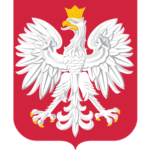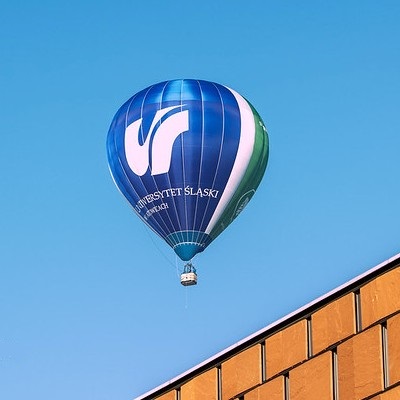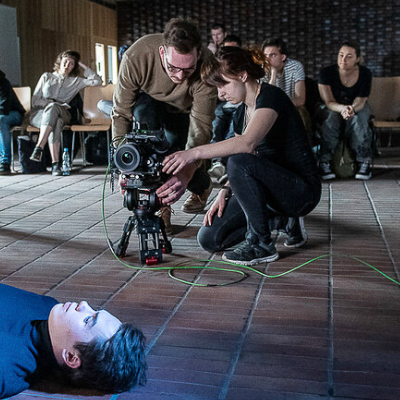Rekrutacja 2024/2025
Warto wiedzieć
Uniwersytet Śląski to tętniący życiem ośrodek akademicki, w którym odbywa się nieustający przepływ wiedzy i inspiracji. Tutaj nie stawia się barier związanych z wyglądem, wiarą, poglądami politycznymi, orientacją seksualną, przynależnością kulturową czy etniczną. Tutaj stawia się na człowieka.
Uniwersytet Śląski w Katowicach to uczelnia otwarta i dostępna. Osoby ze specjalnymi potrzebami mogą otrzymać indywidualne wsparcie w procesie rekrutacji, jak również na każdym etapie studiów.
| KONSULTACJE z doradcą zawodowym |
Zobacz kampusy
Katowice
Chorzów
Cieszyn
Sosnowiec











